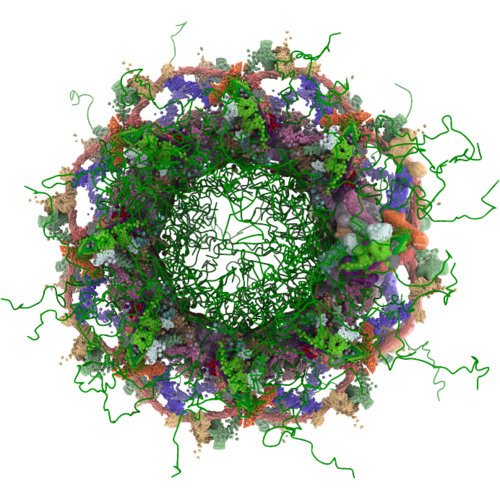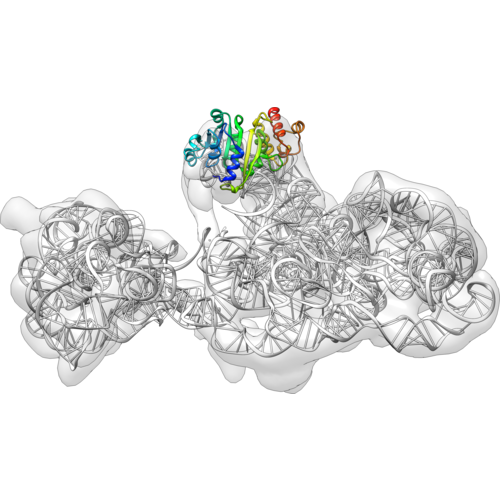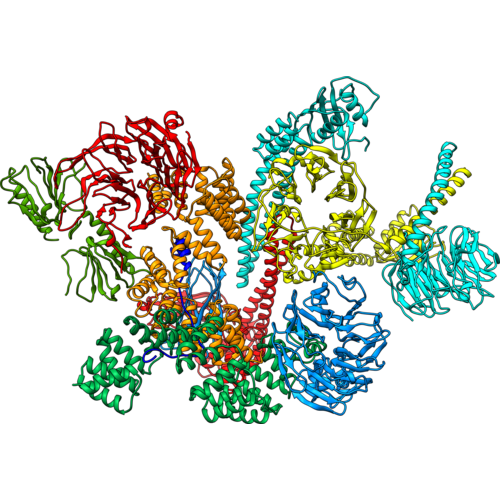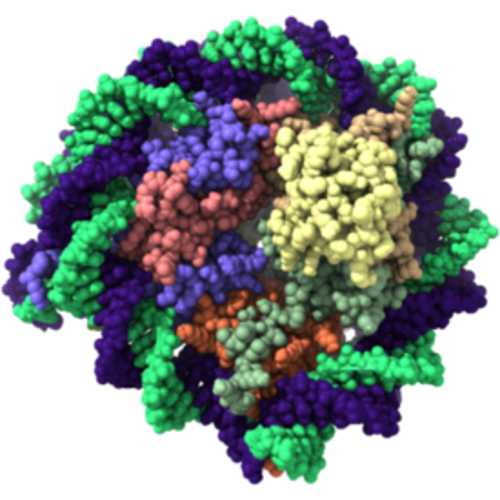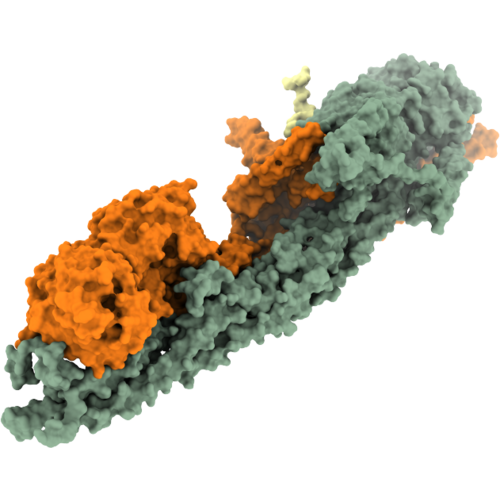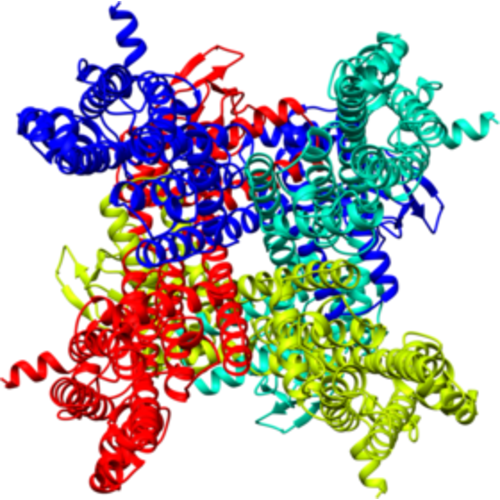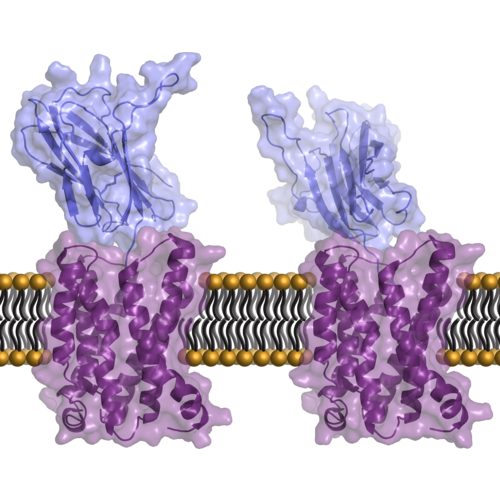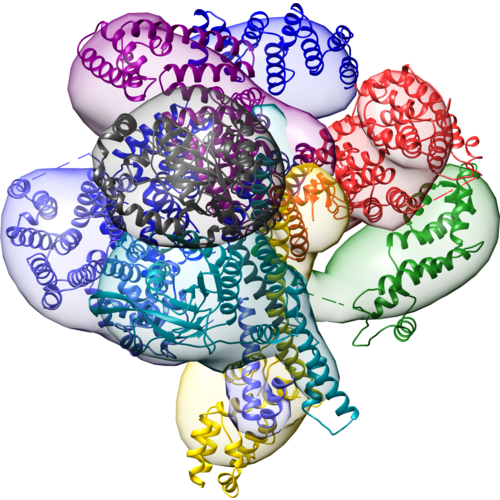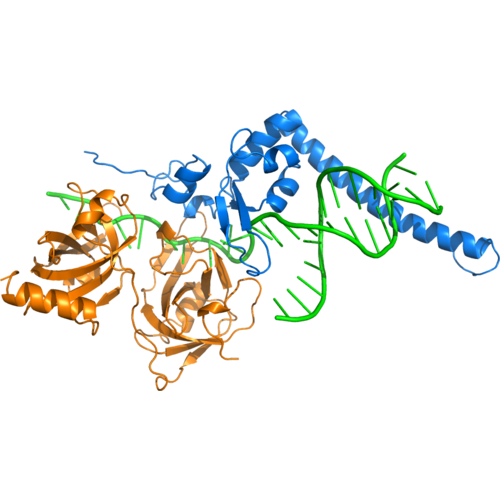Welcome to PDB-Dev
PDB-Dev is a prototype archiving system for structural models obtained using integrative or hybrid modeling and is funded by the NSF ABI Development Program. Structural characterization of many complex macromolecular assemblies is increasingly carried out using integrative modeling, where a combination of complementary experimental and computational techniques is used to determine the structure. The structural models obtained through integrative modeling are collected, archived and disseminated to the public through PDB-Dev. Once the mechanisms for processing integrative models are fully established through PDB-Dev, the key components will be integrated with the wwPDB OneDep system and the PDB-Dev holdings will be moved into the PDB.
Released PDB-Dev Structures
News
wwPDB DOIs and DOI Landing Pages for Integrative Structures
Integrative structures are now available at wwPDB Digitial Object Identifier (DOI) landing pages, along with >225,000 experimental structures in the PDB archive. DOI landing pages are available for both released and on-hold entries in PDB-Dev. Read more...
Integrative Structures in the PDB Archive
Structures determined by integrative and hybrid structure determination methods (IHM) are now available alongside experimental structures in the PDB archive. Users can access and download IHM structures and associated data from the PDB archive. Currently, holding files in JSON format, validation reports (summary and full reports) in PDF format, and model files in PDBx/mmCIF format are provided. Read more...
PDB Accession Codes for Integrative Structures
Integrative structures deposited to PDB-Dev will now be issued 4-character PDB accession codes (e.g., 8ZZ1). Going forward all new depositions will only be issued PDB accession codes and PDB-Dev accession codes (e.g., PDBDEV_00000001) will not be issued. Existing entries have been remediated to include new PDB accession codes and re-released. The PDB-Dev website will support search and access of integrative structures using both PDB and PDB-Dev accession codes. Read more...
IHMCIF Publication
IHMCIF, the data standard underpinning the PDB-Dev system, has been published in the 2024 Special Issue on Computation Resources in the Journal of Molecular Biology: Vallat B et al., IHMCIF: An Extension of the PDBx/mmCIF Data Standard for Integrative Structure Determination Methods, J Mol Biol. 2024; 168546. doi: 10.1016/j.jmb.2024.168546. Read more...
Updated Validation Reports
We are excited to share that we have updated PDB-Dev validation reports to version 1.1. The key feature of this update is the integration of the validation report generation workflow with the deposition and curation pipeline. Validation reports are now generated during the submission process, along with the issue of accession codes, making these reports available for depositors to review and share pre-release. Read more...

